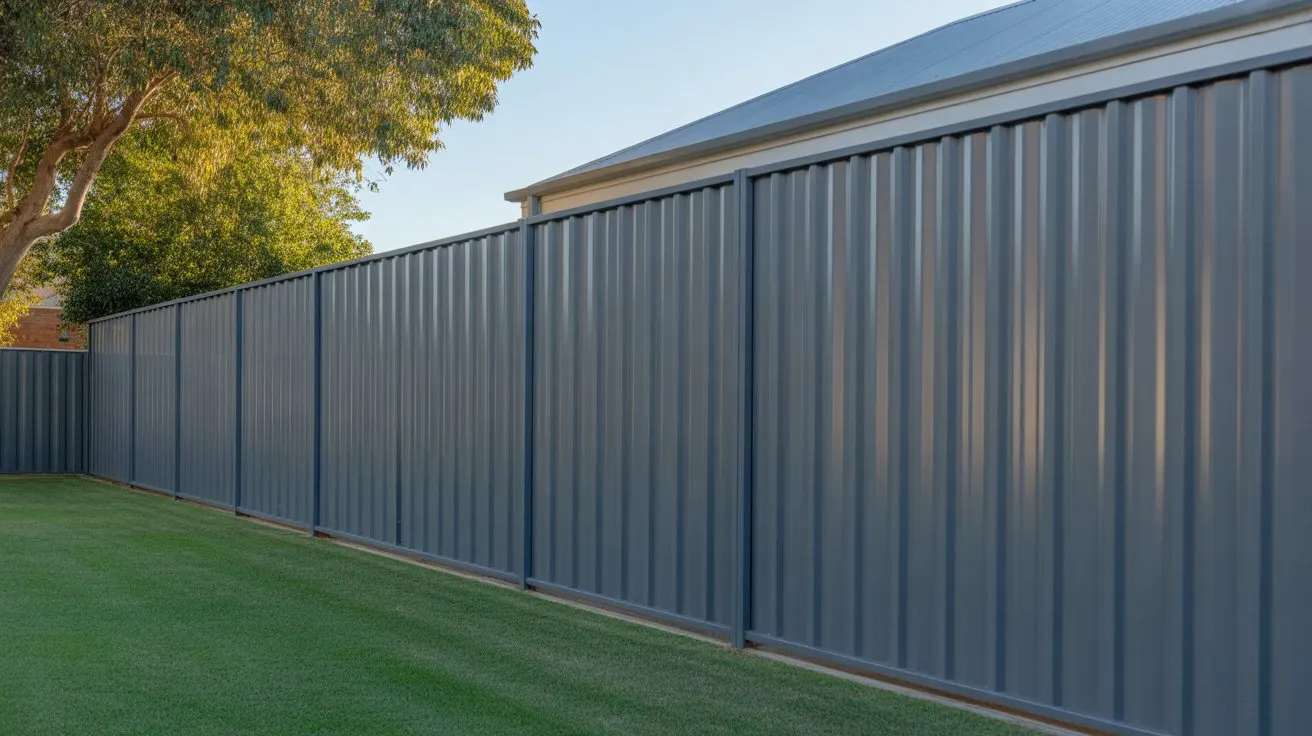Non ferrous metals are essential materials used across various industries due to their resistance to corrosion and unique properties that make them ideal for specialized applications. When it comes to metals, they are generally divided into two categories: ferrous and non-ferrous. Understanding the difference between these two types of metals can help you choose the right material for your project or product. In this article, we’ll dive deep into what non-ferrous metals are, their properties, uses, and the difference between ferrous and non-ferrous metals. We’ll also answer some common questions like “Is aluminum a non-ferrous metal?” and “Is copper a ferrous metal?”

Understanding Non Ferrous Metals
Non-ferrous metals are metals that do not contain significant amounts of iron. These metals are known for their resistance to corrosion, lighter weight, and excellent conductivity. Because of these properties, non-ferrous metals are often used in industries where durability, weight, and resistance to rust are important. Common examples of non-ferrous metals include aluminum, copper, lead, nickel, and zinc.
Key Features of Non Ferrous Metals
- Corrosion Resistance: Non ferrous metals are more resistant to corrosion than ferrous metals (which contain iron). This makes them ideal for outdoor or marine environments.
- Light Weight: Many non ferrous metals are lighter than ferrous metals, making them ideal for use in aerospace and transportation industries.
- Excellent Conductivity: Metals like copper are great conductors of electricity, making them essential for electrical wiring.
- Non-Magnetic: Non ferrous metals are usually non-magnetic, which can be a desirable property in certain applications, especially in electronics and medical devices.
The Difference Between Ferrous and Non Ferrous Metals
The primary difference between ferrous and non ferrous metals is the presence of iron. Here’s how the two categories stack up:
Ferrous Metals
- Contain Iron: Ferrous metals are those that have a high iron content. This makes them more sensitive to rust and corrosion when exposed to moisture.
- Examples: Steel, cast iron, and wrought iron.
- Common Uses: Ferrous metals are typically used in construction, heavy machinery, and automotive industries.
Non Ferrous Metals
- No Iron Content: Non ferrous metals do not contain significant amounts of iron, which gives them superior resistance to rust and corrosion.
- Examples: Aluminum, copper, lead, zinc, and nickel.
- Common Uses: Non ferrous metals are used in industries such as electronics, aerospace, and manufacturing.
In summary, non-ferrous metals tend to be more versatile due to their properties like rust resistance, conductivity, and light weight.
Is Aluminum a Non Ferrous Metal?
Yes, aluminum is considered a non-ferrous metal. It is widely used in industries such as transportation, packaging, and construction due to its light weight, durability, and resistance to corrosion. Aluminum is also highly recyclable, making it an environmentally friendly option.
Applications of Aluminum:
- Aerospace: Lightweight and strong, aluminum is used extensively in aircraft construction.
- Packaging: Aluminum is commonly used in packaging materials like cans and foil due to its corrosion resistance.
- Construction: Aluminum is used in windows, doors, and structural frames.
Is Copper a Ferrous Metal?
No, copper is not a ferrous metal. Copper is a non ferrous metal that is well known for its excellent electrical and thermal conductivity. It is also resistant to corrosion, which makes it highly valuable in wiring, plumbing, and electrical applications.
Applications of Copper:
- Electrical Wiring: Copper is commonly used in wiring and electrical cables because it is an excellent conductor of electricity.
- Plumbing: Copper pipes are used in plumbing systems because they do not corrode easily.
- Coins: Copper is often used in the minting of coins due to its durability.
Why Choose Non-Ferrous Metals?
There are many reasons why non-ferrous metals are preferred in various industries. These metals are known for their ability to withstand harsh conditions without rusting, their light weight, and their ability to conduct electricity and heat. Whether you are in the construction, aerospace, or electrical industries, non-ferrous metals offer the ideal material properties for many applications.
Conclusion?
Non-ferrous metals play a crucial role in a variety of industries due to their durability, resistance to corrosion, and lightweight properties. Understanding the difference between ferrous and non-ferrous metals is essential when choosing the right material for your project. Whether you need aluminum, copper, or another non-ferrous metal, A to Z Fabrication Pvt Ltd is here to provide expert fabrication and metal supply services in Guildford, NSW.
For more information, contact us today and let us help you with all your non ferrous metal needs!
FAQs About Non-Ferrous Metals
What are the benefits of using non-ferrous metals?
Non-ferrous metals offer corrosion resistance, lightweight properties, and high conductivity. They are ideal for use in industries like aerospace, electronics, and construction.
Can non-ferrous metals be recycled?
Yes, non-ferrous metals like aluminum, copper, and zinc are highly recyclable, making them an eco-friendly option for various industries.
How can I tell if a metal is ferrous or non-ferrous?
The easiest way to determine whether a metal is ferrous or non-ferrous is by checking if it is magnetic. Ferrous metals are magnetic, while non ferrous metals are not.
What is the most commonly used non-ferrous metal?
Aluminum and copper are the most commonly used non ferrous metals, with applications in everything from electrical wiring to packaging.
Is brass a non-ferrous metal?
Yes, brass is a non-ferrous metal, made primarily of copper and zinc. It is commonly used for decorative items and plumbing fixtures.
Can non-ferrous metals be welded?
Yes, many non-ferrous metals, such as aluminum and copper, can be welded, though it may require specialized techniques compared to welding ferrous metals.




